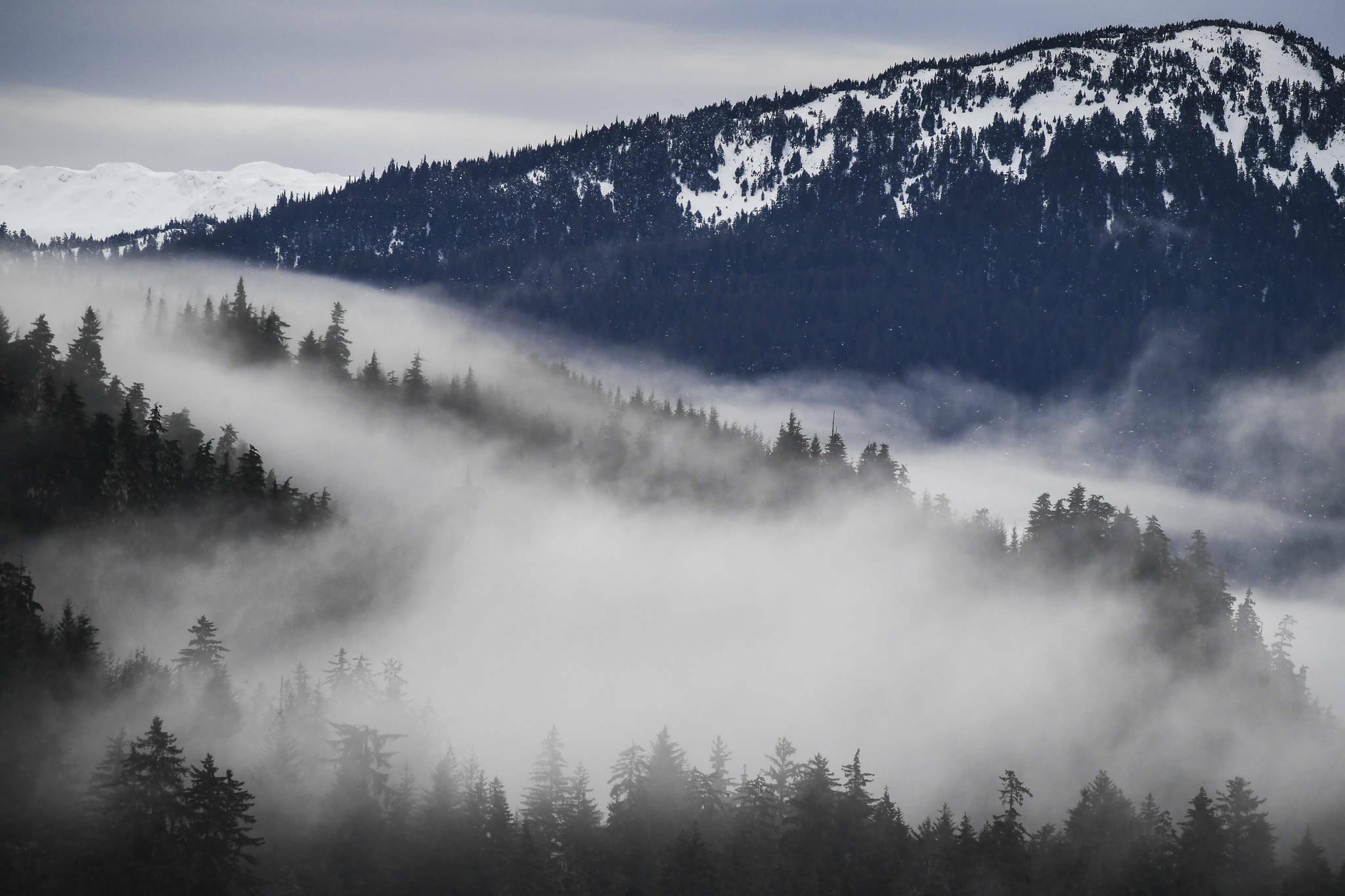Where to begin?
Rebecca Knight’s — at best implicitly xenophobic and factually incorrect – opinion piece published Sept. 20 not only misconstrues the present legislation’s purpose, but also wholly whitewashes issues of stolen Indigenous land in Alaska.
Beginning her piece with a 27-year-old quote from the wrongly attributed “[Deputy Assistant] Secretary Jim Lyons” shows how dated and misled Knight is.
When a federal government that has taken unceded land from Indigenous peoples refuses to return it, that is called perpetuation of colonial behavior, not precedent.
The fact that national officials said such inflammatory remarks is part of the problem, not validation for warped and oppressive policy oversight to continue unchanged. Knight’s entire rant is — one hopes — misguidedly built from the perspective of an occupying bureaucrat.
Knight then makes another troublingly capitalist assumption that the “gifted” land is “for the purpose of forming urban corporations.” There can be no better illustration of how perspective affects argumentation. The land would be returned to Alaska Natives that have stewarded it since time immemorial, thereby reuniting communities with the very spaces that healed and protected them for thousands of years. Simply put, it is traumatic to not have that land.
Wading quickly through her remaining remarks, as there is much inaccuracy to correct — here is the truth:
All existing public use and public access on these lands would remain.
All taxpayer infrastructure would remain open for public use.
Landless legislation has never failed in Congress.
Some of the in-question communities did not have “a majority Native population” because they were so effectively gentrified in the preceding decades by fear and force.
The University of Alaska’s Institute of Social and Economic Research’s (ISER) report concluded that “the omission of the study communities is not clearly explained in any provision of ANCSA or in the accompanying conference report.”
Similarly, the ISER report stated, “the urban corporations have generated direct financial benefits…far in excess of those received by at-large shareholders of Sealaska.”
Let’s step back a moment. Why is Knight scared? That is because — to her credit — she loves Alaska, as we all do. But a real and painful pattern has been occurring lately that we must address: it seems some lovers of Alaska’s wild places do not understand that these lands would never have existed in their pure form without the intergenerational stewardship of Alaska Native peoples. Pretending that Indigenous peoples did not do that is ridiculous.
The Tongass National Forest is named after the Tongass people, Taantʼa Ḵwáan, of Kichx̱áan (Ketchikan), which remains today tragically unacknowledged by ANCSA and — yes — landless.
Indigenous peoples have stewarded the entirety of Southeast Alaska since time immemorial. These five communities are asking that one-half of 1% of it be returned to their care, acknowledging both that they made it what we love and that they are Alaska Native villages.
Some small-time conservationists are hesitant to release land from federal control and return it to its original Indigenous stewards. Quite bluntly, this is problematic. The inaction on its own perpetuates colonialism, and the assumptions that lead to it are born of ignorance, which is why national conservation groups have begun acknowledging this error.
This leads us to Knight’s two closing concerns. One, we can agree on: “A healthy public examination about the validity of landless claims is taboo due to social sensitivity.” Yes, this is true. Why? Because rhetoric like Knight’s is not only unhealthy and unfortunately predominant, but also false.
When we productively discuss the topic, it sounds like this: These claims are valid. This is Indigenous land. Why has it taken us so long to say so? Who has been holding back this progress? What should we do now?
The last answer is obvious: pass the Landless legislation. It is unanimously championed by Alaska’s duly elected bipartisan delegation. It is broadly supported by tribal leaders. A plethora of factual research details the economic, cultural, and ecological benefits for all involved.
Knight’s final bit of fearmongering might very well be the strongest case against her own stance, in that passage of the Landless legislation would indeed further the cause of Alaska Native peoples through empowering Indigenous stewardship, values and communities.
That is not a nightmare; it is a dream worth realizing for the betterment of all Alaskans.
• Mike Schwartz is 82 years old, born and raised in Petersburg. His great-grandchildren are the seventh generation of family residents there. He was adopted and named by Tlingit elder Pete Martin Sr. decades ago, into a Tlingit society that has been proven to exist in Southeast Alaska for 10,000 years.

